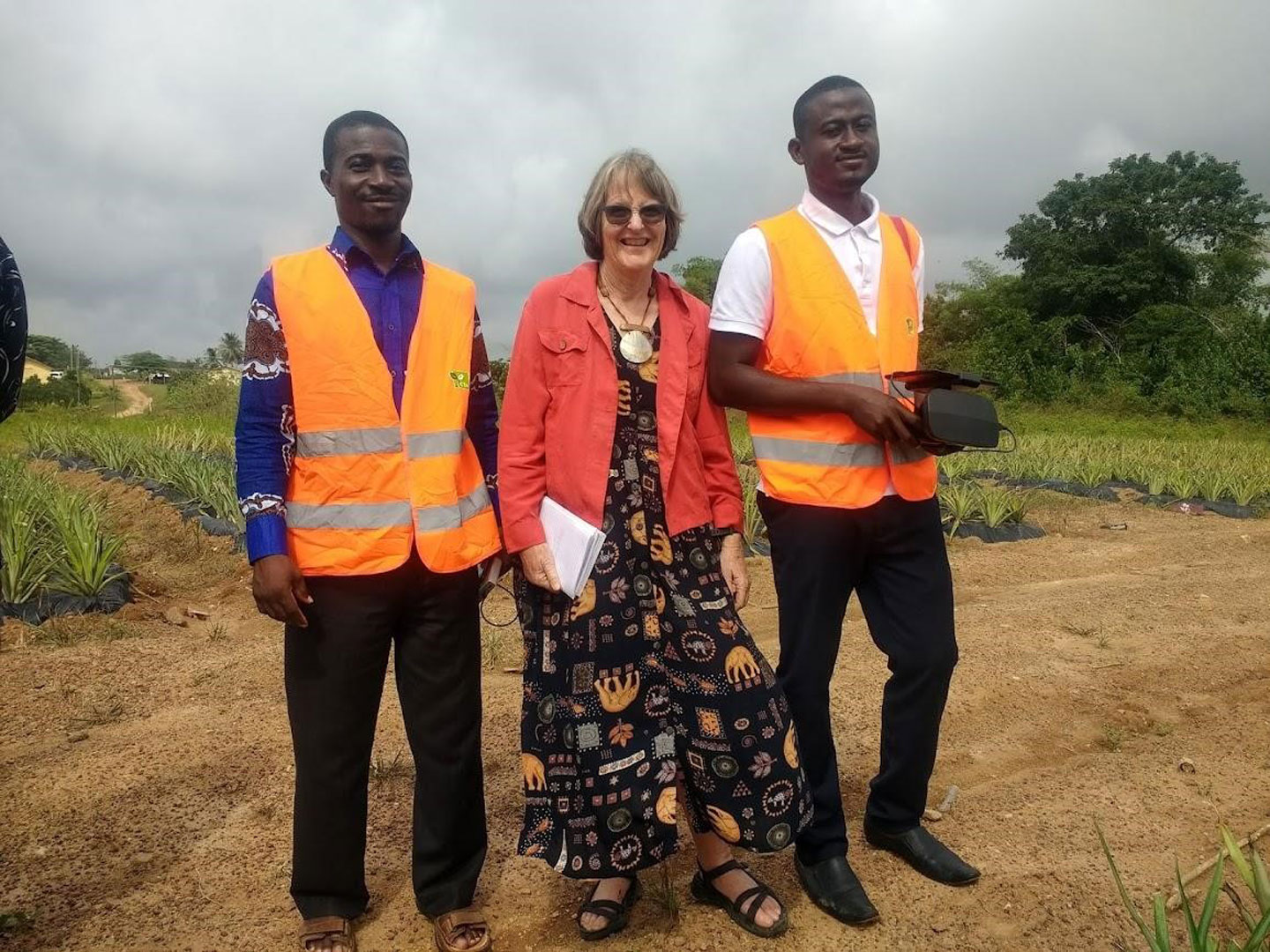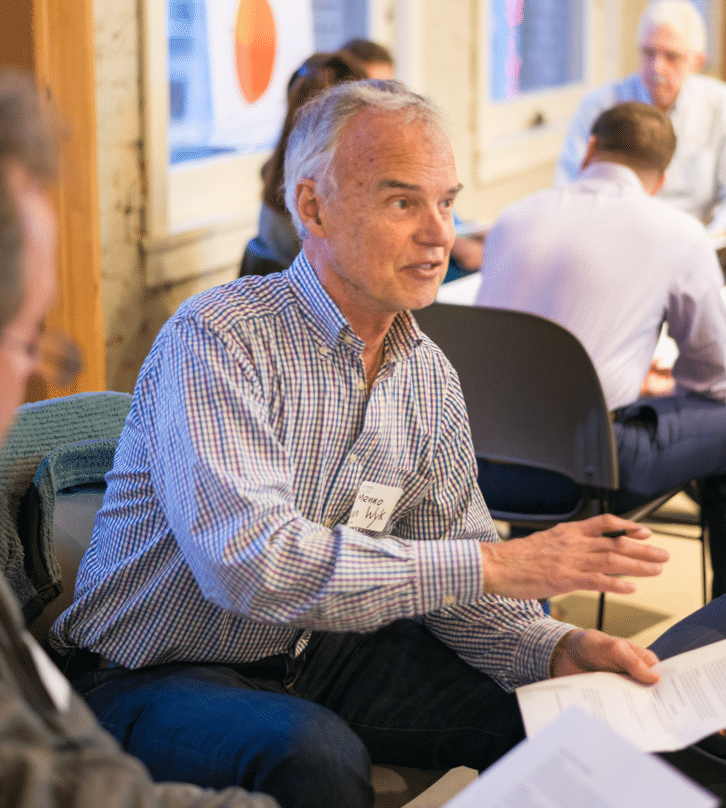Smallholder farms dominate African agriculture but have long been relatively neglected in international development circles. Global interest in Africa is increasing, and African universities possess an enormous well of talent. A collaborative of African universities has developed a model to draw on this talent to transform smallholder agriculture on the continent.
Enter RUFORUM
The Regional Universities Forum for Capacity Building in Africa, known as RUFORUM, started as a Rockefeller Foundation-funded experiment supporting university agricultural research in the field. It has fairly humble origins rooted in Western grant support, but RUFORUM’s focus has always been tapping African university research talent in support of African small-scale farmers. In an interview with Grow Further, Kay Leresche, a former international advisor to RUFORUM, admitted the program’s growth hasn’t always been smooth sailing.
“Universities were not working with small farmers, partly because they didn’t have the money and they were never getting out into the fields, and partly because in southern Africa large-scale farms—big, white commercial operations—were kind of the focus of research,” Leresche recalled. “We really felt that they needed to pay much more attention. In East Africa, we see they were working with smallholder farmers, but again, very little contact in the field.”
As she explained, African university professors struggling to make ends meet on comparatively low salaries often work side jobs as consultants to governments or the private sector. This tends to see them neglect their own research and even their students. Lack of funds also tends to keep students at their home university campuses, unable to conduct real fieldwork in their own countries, let alone in other parts of Africa where they might be exposed to different farming practices. Meanwhile, the smallholder farmers who are the backbone of African agriculture miss out entirely—whatever research is occurring overlooks their needs and experience. RUFORUM seeks to put an end to this by building solid bridges between Africa’s universities and between the universities and agricultural communities.
“Universities were not working with small farmers, partly because they didn’t have the money and they were never getting out into the fields.”
Leresche said it’s taking time, but the first RUFORUM research grants and initiatives proved themselves to all who were involved. “We actually took masters students out into the field,” she said, noting how many of the early partner institutions lacked Ph.D. programs entirely. “And what we did was we required one lecturer to take responsibility and be the principal investigator, and then work with other supervisors of students. And the requirement was they had to work in the field in a participatory way with the small farmers, and that the communities were setting the agenda.”
“There was then really quite impressive uptake,” Leresche added. “Now, participatory research is totally understood.”
Determination to continue
“It’s all smallholder innovations, adaptations, technologies.”
Even after funding for that initial round of research ended, participating universities were able to convince their vice-chancellors to keep the basic RUFORUM model alive. They obtained additional grants and added Ph.D. programs, even for working faculty members. Meanwhile, universities participating in the RUFORUM partnership came to an arrangement that would ease the financial burden on all of them. “The sending university agrees to continue to pay their faculty member who is going off to get their Ph.D., and the student who’s going to get the Ph.D., the faculty member, agrees to do some teaching at the university,” Leresche explained. “The university agrees to waive fees and provide accommodation, and we try to get funding for the research.” It’s a win-win all around.
A new model for university-farmer collaboration
Leresche said RUFORUM is helping build ties between countries that would never exist otherwise. She described how a student from Cameroon discovered an innovative way to control pig farm odors in Uganda. West African students can travel to Malawi to research fish farming methods. One team of researchers even discovered a way to grow baobab trees as crops, much to Leresche’s surprise. “They found a way of growing it such that you can produce vegetables, growing leaves, within three months,” she said. “They’ve got it so that the trees can actually produce fruit in ten years, which is amazing.”
What started as a small collaboration among a handful of African universities has now ballooned into a network of 150 member universities from every corner of the continent. Big name institutions like Cairo University and the University of Pretoria are members, as are smaller locally oriented universities. Some of the newest RUFORUM members include universities in the Democratic Republic of Congo, Ethiopia, and Somalia.
When she spoke with us, Leresche exuded enthusiasm for RUFORUM’s future. She says there’s plenty more room for it to grow and an abundance of opportunities for RUFORUM to collaborate with organizations like Grow Further. “It’s all smallholder innovations, adaptations, technologies, and we try to look across the entire value chain,” she said.
A number of Grow Further team members have ties to RUFORUM. We don’t currently have a formal partnership, but their experience has already helped to inform our programs.
— Grow Further
Photo credit: Kay Leresche, center, with Ph.D. students from the University of Cape Coast, Ghana experimenting with using drones in pineapple farming. Kay Leresche.




